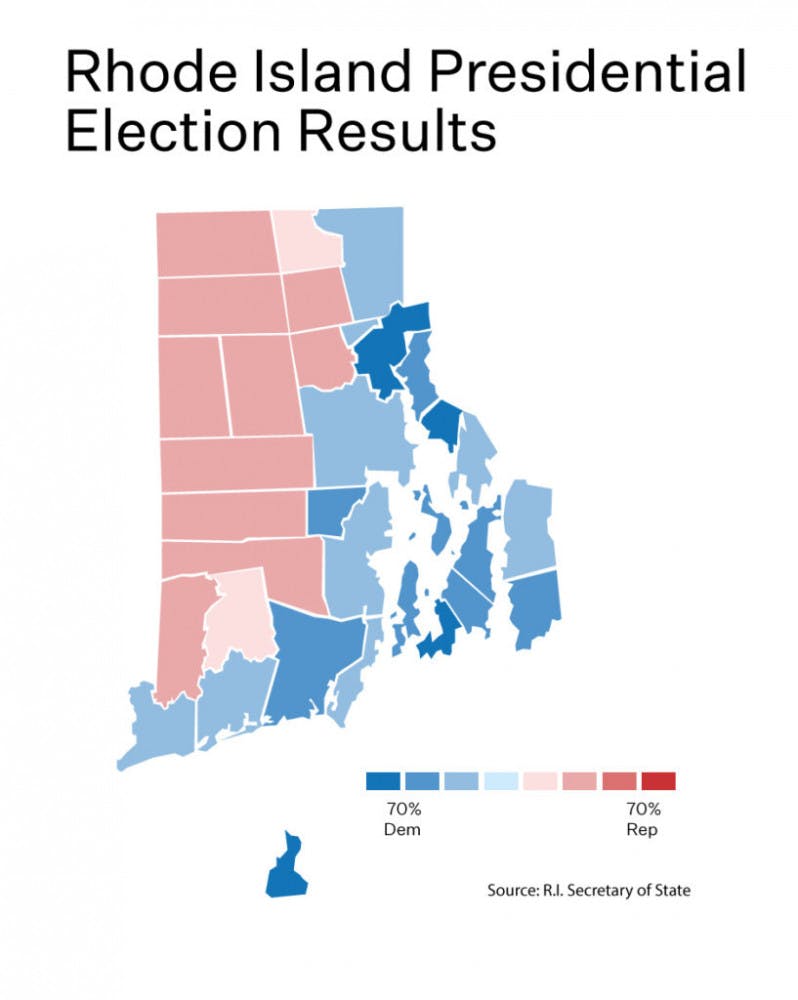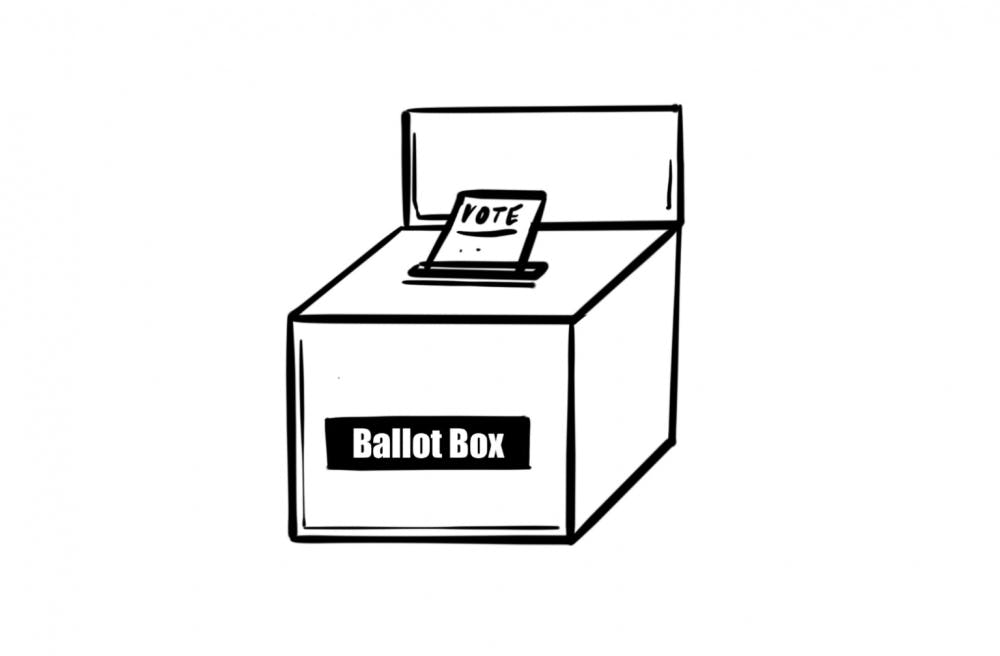More than 500,000 Rhode Islanders voted in the 2020 general election, eclipsing the state’s previous all-time record for voter turnout in 2008.
The all-time record turnout in the state was driven in part by historic levels of early voting, mail-in voting and other efforts made by the R.I. Department of State to increase the ease of voting during a pandemic, R.I. Secretary of State Nellie Gorbea told The Herald.
Thirty percent of Rhode Island voters took advantage of early in-person voting this election, while another 31 percent used mail-in ballots and 39 percent voted on Election Day, according to Gorbea’s office.
The election “was beyond my wildest dreams,” Gorbea said. “Everywhere I went, people were incredibly happy at the way things were running. I have never been thanked so much in an election,” Gorbea said.
“We had a record turnout. We had 507,052 voters who exercised that right to vote in the midst of a pandemic,” Gorbea said, pointing to the high turnout as an indication of the election’s success.
Gorbea attributed the high turnout in part to the steps taken by the R.I. Department of State to provide voters with several different ways to cast their ballots. For the first time in state history, Rhode Island opened up polling places for early voting from Oct. 14 to Nov. 3. The state also saw mass use of mail-in ballots, as hundreds of thousands of Rhode Islanders voted by mail due to the COVID-19 pandemic.
“It was a very contentious election, and people felt, on either side, that a lot was at stake,” Gorbea said. “If you take that energy and deposit it into a regular election structure, you would not have gotten the numbers that we had. That energy was able to be managed by providing people with … very safe and secure forms in which they could choose from to vote.”

While Gorbea said the spirit of Election Day was the same in many ways to past elections, it was also “very different because we are in a pandemic.” Ensuring that there was sufficient personal protective equipment, plexiglass and surface sanitization was essential in protecting the safety of poll workers and in-person voters, Gorbea said.
Like many states across the country, Rhode Island also sent all registered voters mail ballot applications in an aim to increase accessibility and provide voters with a way to cast their ballots from home, Gorbea said.
Rhode Island passed legislation over the summer that incorporates early in-person voting into all future elections in the state.
The Ocean State also offered same-day voter registration, allowing voters who had forgotten to register the opportunity to vote for president and vice president, but not for other candidates.
“If you think about it, if you live in Warwick or Providence or Westerly, we all are voting for president, so having the same-day voter registration for president and vice president makes a lot of sense,” Gorbea said. “There are not a lot of states that have same-day voter registration for presidential and vice presidential only, and I think more states should.”
All of these measures were intended to protect the health of voters and poll workers while giving Rhode Islanders multiple ways to cast their vote, Gorbea said. “We had to adjust to making sure that we made voting convenient, safe and secure in a way that … ensured that people could exercise their constitutional right to vote,” she said, “but in doing so, didn’t have to sacrifice their health.”
Gorbea described the measures implemented in the Nov. 3 election in Rhode Island as voter-centric. “It's the right thing to do. Our democracy is nurtured by the votes that are cast and the voices that are heard through those votes,” she said. “Having a diversity of perspectives, opinions and backgrounds … is good for our democracy in the long run.”

ADVERTISEMENT




